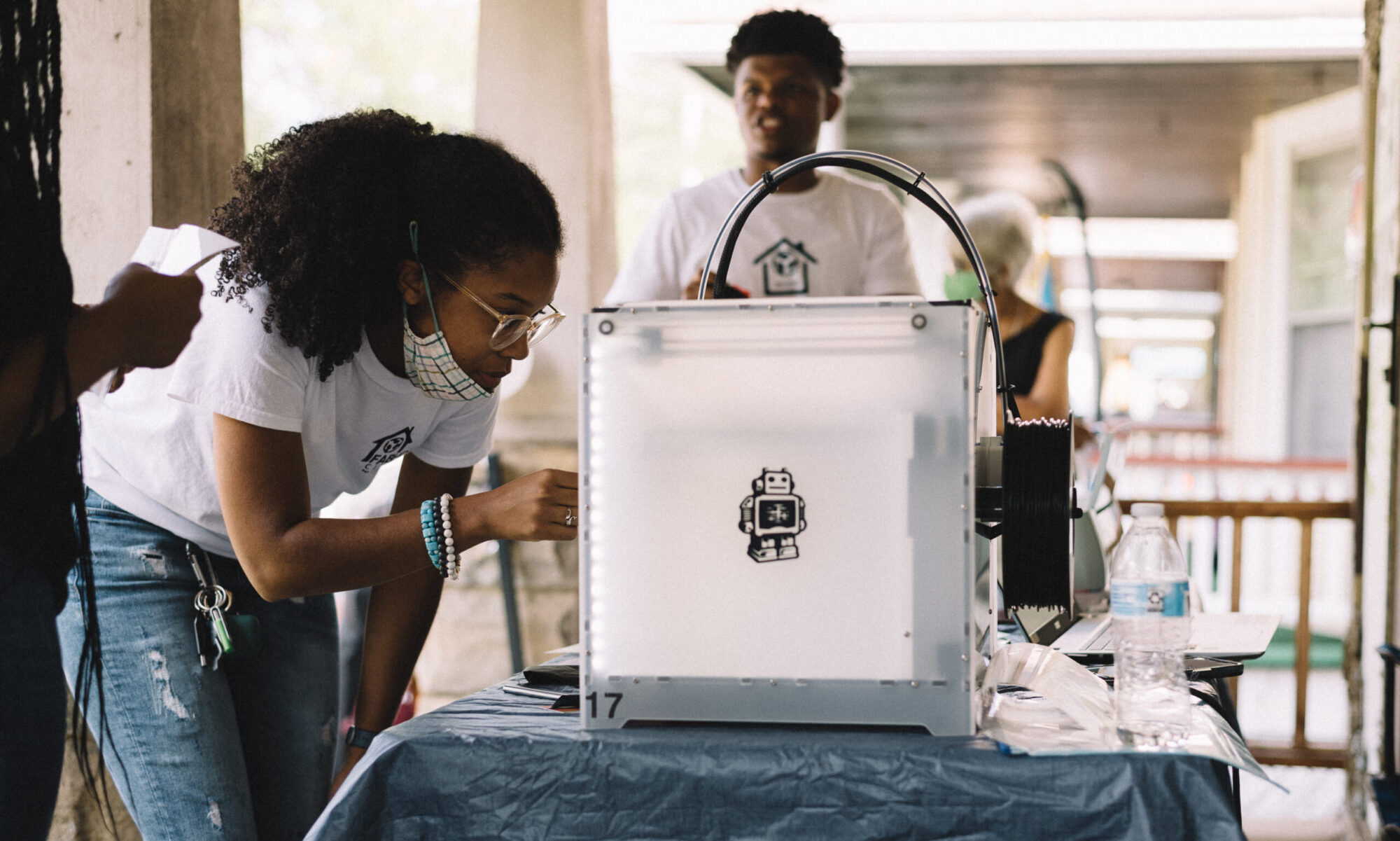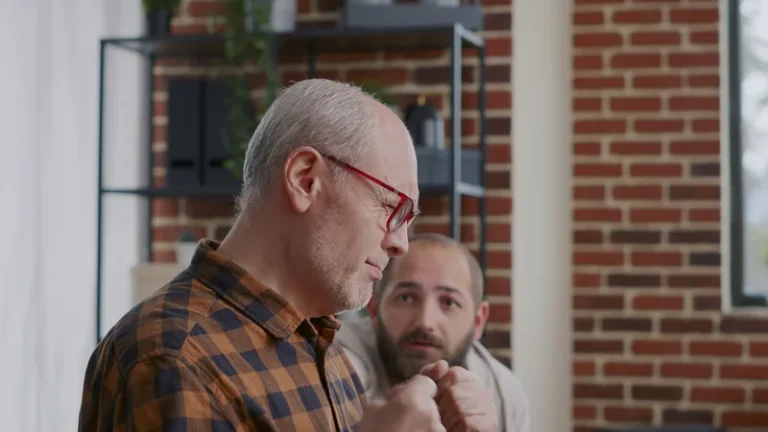However, what sets The Rockland Recovery apart is our unique ability to customize services, mutual-help meetings, structure and length of stay to the needs of the individual. This allows residents to feel ownership over their care and to integrate more effectively back into their lives and the community. We’ve made this determination because our research indicates that one or more units at this property have rent significanlty less than average market-rate rents for similar sized units in the area. The Rockland Recovery staff members meet regularly with residents to gain an understanding of what their needs may be in terms of life skills, their recovery program (i.e., self-help meeting attendance, current sponsor, etc.), outside clinical services and in creating a balanced behavioral schedule. The heart of the villa is upstairs where you will find a spacious open plan living area with wall to wall glass doors spilling onto the sheltered back terrace and the large sparkling pool.
Everybody who lives at Rockland Recovery has their own person-centred care plan, which is co-produced with input from the individual, their family members and professionals involved in their care. We aim to help everyone in our care to make their own choices about the support they receive. This may include support in a number of areas, such as going out in the community, personal care, cooking and cleaning, managing finances and maintaining family relationships. The Rockland Recovery is perfect for those who want to live in close proximity to Boston resources that include a large variety of academic institutions, vocational opportunities, volunteer options and resources. Additionally, there are many quality 12-Step meetings located nearby as well as a thriving recovery community for men of all ages.
Search by category
Boston is an ideal location to continue on the recovery path with a variety of resources for residents of all ages. As one of the oldest cities in the United States, it also ranks highest for livability. Boston is also one of the 30 most financially influential cities, which offers endless vocational and volunteer opportunities to connect with. Boston is an international center of higher education and medicine, and the city is considered to be a world leader in innovation in finance, business services and government activities. There are over 50 colleges in Boston and the surrounding cities as well as 350,000 students, offering a wide array of educational options for residents.
The city also offers natural resources that include the park system that is well-reputed nationally and ranked 3rd in the 2013 ParkScore ranking the 50 most populous US cities. There are also endless cultural events and activities that include the arts/museums, sports, spiritual practice and history. Through our network of healthcare, residential and supported living facilities, we provide unique care pathways which help the people we support to progress towards greater independence. Every individual we support is provided with a bespoke pathway plan, tailored according to their individual needs.
East Coast Recovery Services’ Rockland Recovery is a transitional sober living program that offers experienced staff, reliable services and competent care. The program is designed to provide male residents 18 and over with a comfortable, safe and structured environment. Rockland Recovery is a transitional sober living program that offers experienced staff, reliable services and competent care.
Once funding has been agreed, we will work with your local care team to put together a bespoke package of care. Please note, referrals for NHS or Local Authority funded services must come from a referring organisation. The Rockland Recovery team recognizes that the addiction treatment process can be stressful for both potential residents and families. Therefore, we are committed to providing personal support from your initial inquiry leading to the actual admission day. An initial phone screening will be conducted in order to see that the resident is an appropriate candidate for the programs offered.
It offers residential support for 14 males and females who are autistic or have a learning disability. Rockland Recovery is opposite Queens Park, a large park with lakes and a café, near to Trentham Gardens. The Rockland Recovery is conveniently located in Boston just off of Beacon Street and around the corner from the Subway B, C and D green lines. The Chestnut Hill Reservoir is located just walking distance away and provides bike and walking paths among beautiful surroundings. Celeste offers over a decade of experience in Cape Town’s luxury property and hospitality sector, providing expert advice, tips, and unbeatable rates for your next stay.
We also have support from a local multidisciplinary team to support our residents. The lengths of the placements that we offer at Rockland Recovery can be medium or long-term residential, depending on the needs of each person. Our team are dedicated to supporting our residents to be as independent as possible and live a happy, healthy and fulfilled life. The house’s Boston location is ideally located on the border of Brookline and Newton just off Beacon Street in Cleveland Circle. Additionally, it is around the corner from the Subway B, C, and D green line.
- Site visits can be arranged for both the potential resident and families.
- Rockland Recovery is a large, detached, Victorian property, with 14 bedrooms.
- There is also a mobile handset that residents can use to call and receive calls from their loved ones.
- We’ve made this determination because our research indicates that one or more units at this property have rent significanlty less than average market-rate rents for similar sized units in the area.
- As one of the oldest cities in the United States, it also ranks highest for livability.
East Coast Recovery Services – The Rockland Recovery Working Hours
Bike and walking paths with breathtaking scenery are just walking distance away along The Chestnut Hill Reservoir. For residents who are unable to do their own laundry, our staff will complete this for them. At Priory, we want to ensure we provide the very best service to each individual we support. Located on the lower level are the remaining four bedrooms, three of which are sea facing and all lead out on a shared wooden deck with a jacuzzi. The two bedroom flatlet consists of a cosy living area, fully equipped kitchenette and a shared bathroom. In addition to Rockland Recovery Apartments, we list 127 other affordable properties in Silver Spring.
Family and friends are welcome to visit and do not need to make appointments. In addition, we have a site vehicle to help us to meet the needs of the people we support.
Our staff encourage individuals to participate in a voluntary job. We support our residents with home visits, family members liaise with the home directly to arrange home visits. Rockland Recovery is a large, detached, Victorian property, with 14 bedrooms. The building is large and ornate, and offers a variety of communal spaces.
Rockland Recovery
- Our staff encourage individuals to participate in a voluntary job.
- Rockland Recovery consists of a main house and a flatlet which are accessed by a large flight of stairs from the street entrance.
- An initial phone screening will be conducted in order to see that the resident is an appropriate candidate for the programs offered.
We haven’t confirmed if this is the case, so you should contact the property to confirm. We have a designated area in the car park for residents to smoke or to vape. We use redirection techniques if any of our residents have behavioural needs.
Master Bedroom – Middle Level
Our data research shows that there are a total of 6798 affordable units in Silver Spring. Each resident has their own activity planner that they are actively involved with creating. We offer a variety of meaningful activities, both at home and out in the community.
Rockland Recovery is an impressive large multi-level 6 bedroom villa offers the discerning guest panoramic sea views, a good location as well as luxury and Rockland Recovery Review privacy. Yes, all the people that are important to the person in our care are involved in the support plan creation, and regular reviews. Our care team support complete tasks for those residents who are unable.
Only as a last resort, is pro re nata (PRN) medication administered, and there will be a robust protocol in place for this. East Coast Recovery Services – The Rockland Recovery has a 5.0 rating on our website, based on 7+ reviews from individuals who have received treatment at East Coast Recovery Services – The Rockland Recovery. Rockland Recovery consists of a main house and a flatlet which are accessed by a large flight of stairs from the street entrance. There is also a mobile handset that residents can use to call and receive calls from their loved ones.






